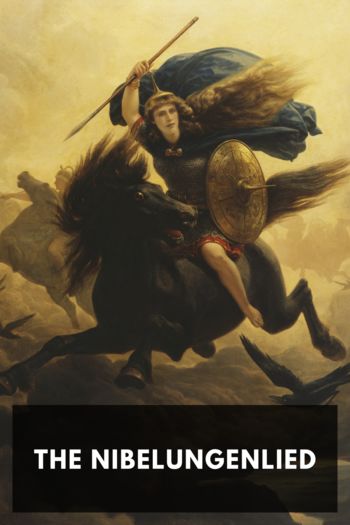The Trials of Radclyffe Hall, Diana Souhami [best sales books of all time .TXT] 📗

- Author: Diana Souhami
Book online «The Trials of Radclyffe Hall, Diana Souhami [best sales books of all time .TXT] 📗». Author Diana Souhami
‘And here we are at Bagnoles once more after five years’, Una wrote on 26 June. They had their usual rooms on the fourth floor of the Hotel des Thermes. French windows opened to a wide balcony and a view of a valley of pine woods. They began their regime of steam baths and doctors’ checks. John’s blood pressure was high and she was advised, yet again, to ease up on smoking.
Una got gastroenteritis and went to bed. She thought it was from drinking iced water in the Paris heat. John, at her wits’ end, coped for a week ‘bullying the dilatory hotel staff’. She then phoned the American Hospital in Paris’ and instructed them to send out a nurse. ‘This they did and on the following day Evguenia Souline arrived.’
She came like a saviour. In her white uniform she seemed pale and calm, young and healthy, her English fractured, her manner shy. Una thought her ‘a treasure and charming, unmistakeably of our own class, an extremely nice woman’. John was inordinately pleased with the help she gave, the errands she ran. And she was intrigued by her. She wanted to hear about her past.
A victim of the Russian Revolution Evguenia had no country, emotional ties or money. She was thirty and had had typhoid and tuberculosis. She hated nursing and dreamed of being a ballerina, an actress, a doctor. Her parents were dead. Her father had been a major-general in the Imperial Cossack army. She had seen people shot at random, deserters hung from trees and had herself been sentenced to death. She had lived with her family in tents on the Greek island of Lemnos and they had moved to Yugoslavia, America and then France.
‘John was obviously ready to fall in love,’ Evguenia wrote, ‘she was waiting for her ideal. I was unprotected, a lonely pathetic figure, a refugee on whom she could bestow her reserve of deep affection and love, whom she could treat a little like a child. Yes, very much like a child, as the time went on it proved itself to be so.’
John went for walks with her. She gave her a signed copy of The Master of the House. ‘I can see how you flushed to the eyes with pleasure that I wrote your name in it.’ At dinner she insisted Evguenia be served first and given the best pieces of food. One morning, when John was late coming down for breakfast, Evguenia went to her room to check she was all right. ‘“I have come on my own initiative,” you said. I loved you for it Evguenia though I laughed because the words sounded so pompus.’ In the car one day Evguenia said, ‘“May I take off my cap please?” And all that you were then, or that I thought you were, seemed to me intensely appealing, and I felt the whole of me reaching out to you, crying out that I must and would protect you.’
Must and would were significant words for Radclyffe Hall, and the protection was to be of a sexual sort. She saw herself as Evguenia’s saviour. She would defend her ferociously from the brutal world. She told Evguenia she thought her afraid of life and afraid of love. ‘There was something definitely not quite ordinary and normal,’ Evguenia wrote, ‘all was not altogether right. She roused my instinct in some perturbing way. I decided that I must go as soon as I could so as not to be engulfed in this contradictory mass of feelings. The matter only grew worse when I said I had to go now that the patient was so much better.’ But John insisted she stay though Una was recovered and the hospital charging 175 francs a day.
After two weeks John saw her off on the evening train. Evguenia went back to her Paris room in rue Francisque-Sarcey. She talked to her friend Lysa Nicolsky about her feelings of unease. Next day there was a telephone call from John –
… that is how she wanted me to call her. I fought like anything within myself not to fall under her spell and repeated to myself over and over again: no, no, I do not wish to … I must not let myself be carried away by this undetermined emotion. But John was obviously very determined. Her letters became at once very strong and emotional. She just would not hear of any reason on my part not to accept her affection, not to write to her or to see her.
Evguenia was bombarded with phone calls and letters. Una wanted to get John to Sirmione. They were to travel there via Paris, where they would spend two nights in the Hôtel Pont Royale. Paris for John now meant Evguenia. Her instructions to her were precise. Evguenia was not to worry about living in one small room – ‘I am really a very humble person.’ John did not want to meet any of her friends – ‘You know by now I am shy of people.’ She wanted to say things but not ‘frightening’ things – ‘I always have a feeling that you are scared of me.’ From Evguenia came a stiff note addressed to Miss Hall – ‘never again can I be Miss Hall to you’, John replied.
Meet me at La Pérousse (you know Quai des Grands Augustins) at





Comments (0)